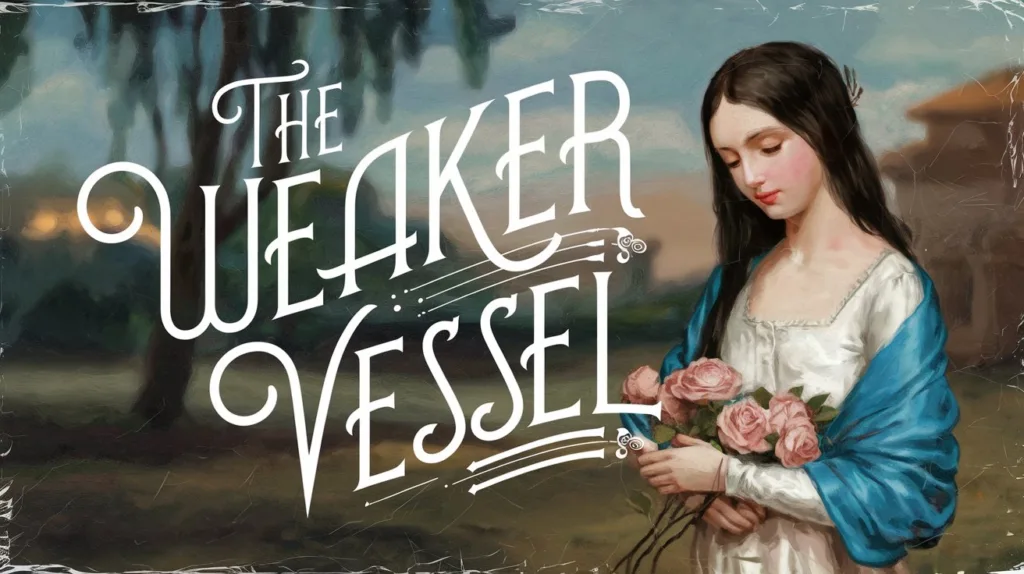John was exiled to the island of Patmos as a result of persecution for preaching the Word of God and bearing witness to Jesus Christ. His banishment was intended to silence him, but instead, it became the setting for receiving and recording the final revelation of Scripture.
Revelation 1:9 provides the reason for his exile:
“I, John, both your brother and companion in the tribulation and kingdom and patience of Jesus Christ, was on the island that is called Patmos for the word of God and for the testimony of Jesus Christ.”
Patmos was a small, rocky island in the Aegean Sea, used by the Roman authorities as a place of exile for political and religious prisoners. It was not a place of comfort but isolation and hardship. John was likely sent there during a wave of persecution under Emperor Domitian, who ruled from AD 81 to 96 and was known for oppressing Christians.
Though removed from society, John was not cut off from the Lord. It was there, in solitude, that he received the vision of the glorified Christ:
“I was in the Spirit on the Lord’s Day, and I heard behind me a loud voice, as of a trumpet…”
(Revelation 1:10)
Rather than silencing John, the exile positioned him to receive and record the most prophetic and apocalyptic book in the New Testament. The Roman Empire tried to suppress the gospel, but God used their opposition to reveal His final plan of judgment and redemption.
John’s exile also identified him with the suffering Church. He did not write from comfort or distance but as a “brother and companion in the tribulation.” His endurance under persecution validated his message and encouraged believers facing similar trials.
Later Christian tradition affirms that John was eventually released from Patmos and returned to Ephesus, where he continued to minister. But the time on the island remains significant, not for what Rome intended, but for what God accomplished.
The book of Revelation begins not with escape, but with exile. Proof that God’s purposes cannot be hindered by isolation, government power, or physical suffering.





 Get the book that teaches you how to evangelize and disarm doctrines from every single major cult group today.
Get the book that teaches you how to evangelize and disarm doctrines from every single major cult group today.